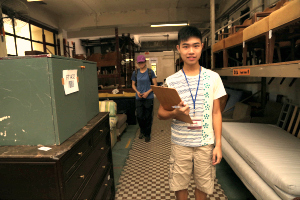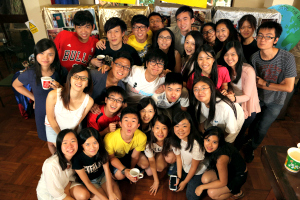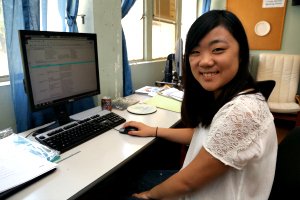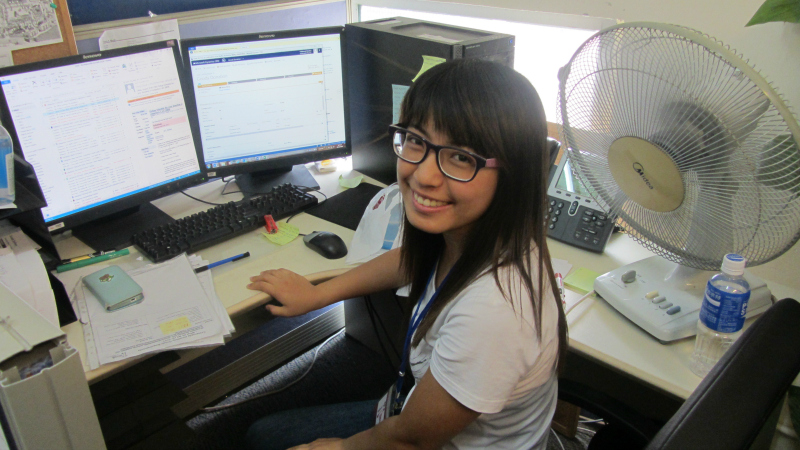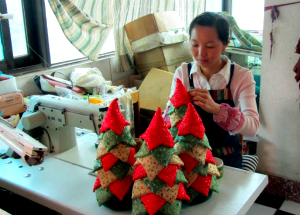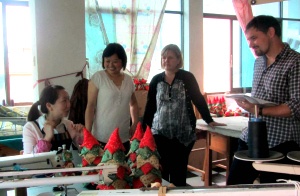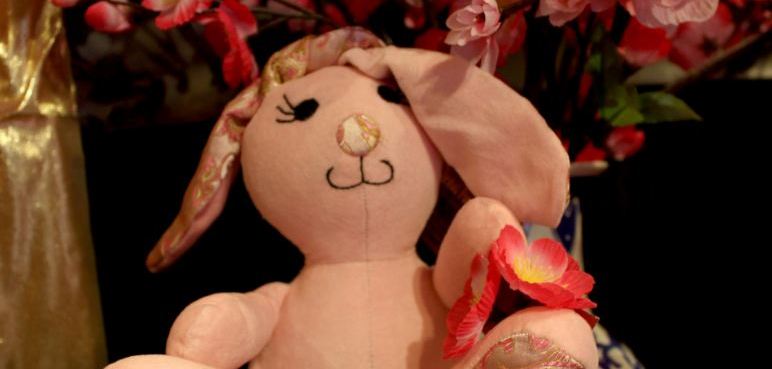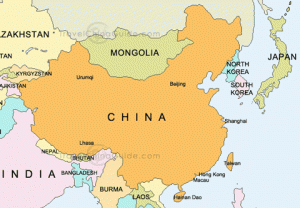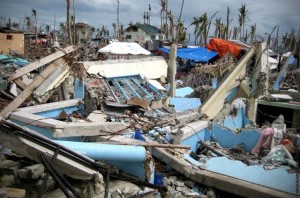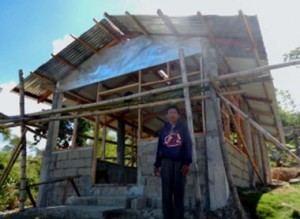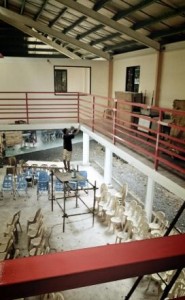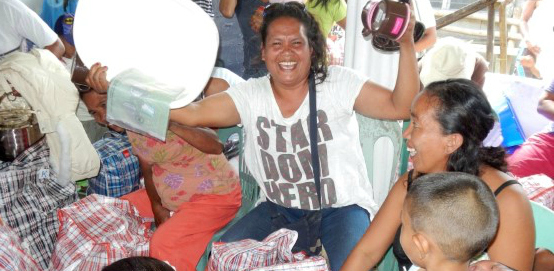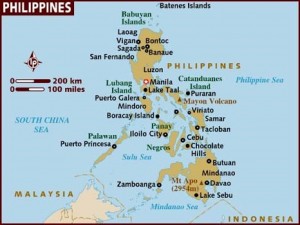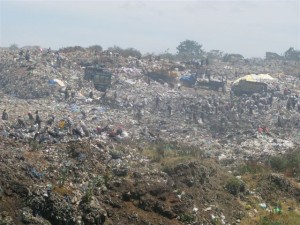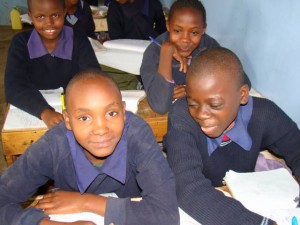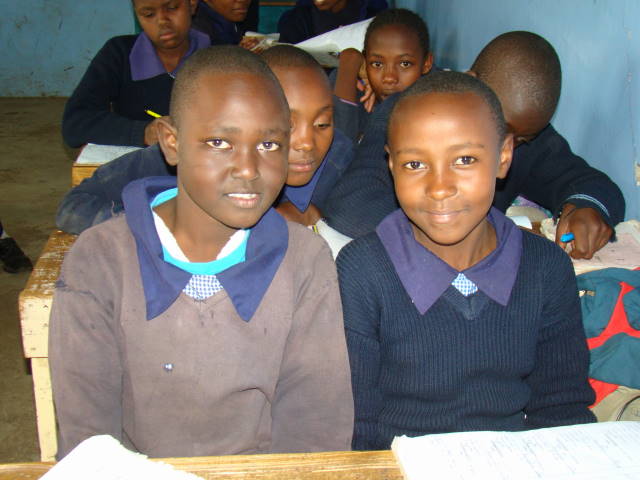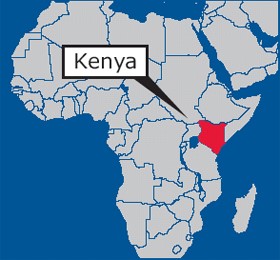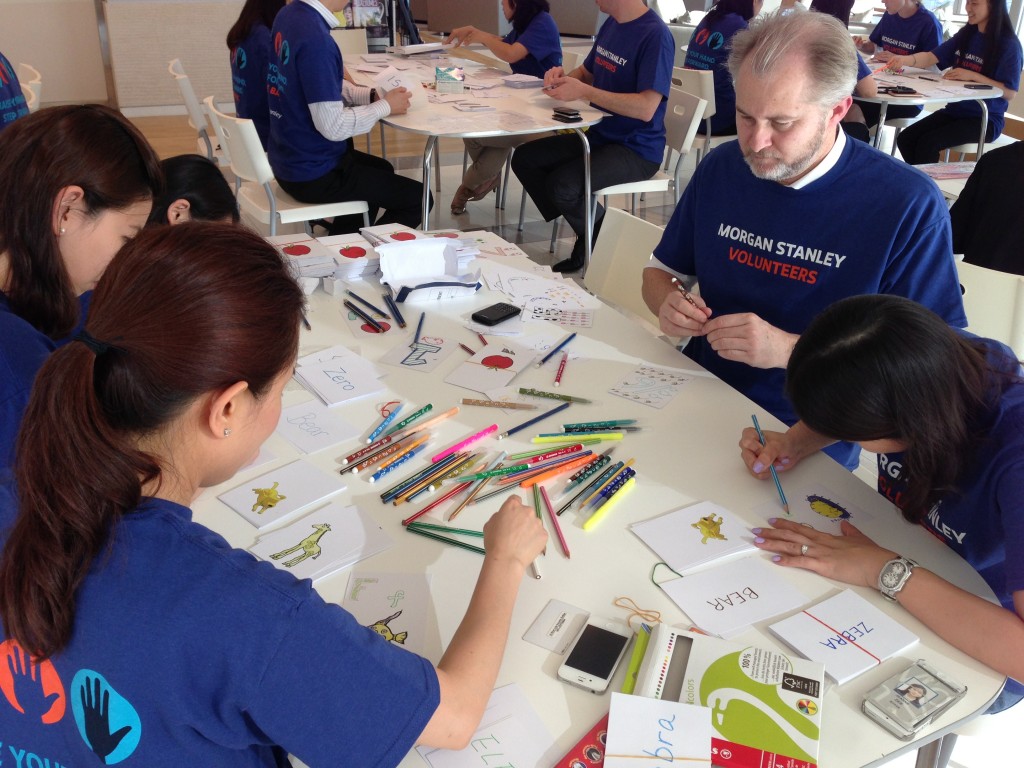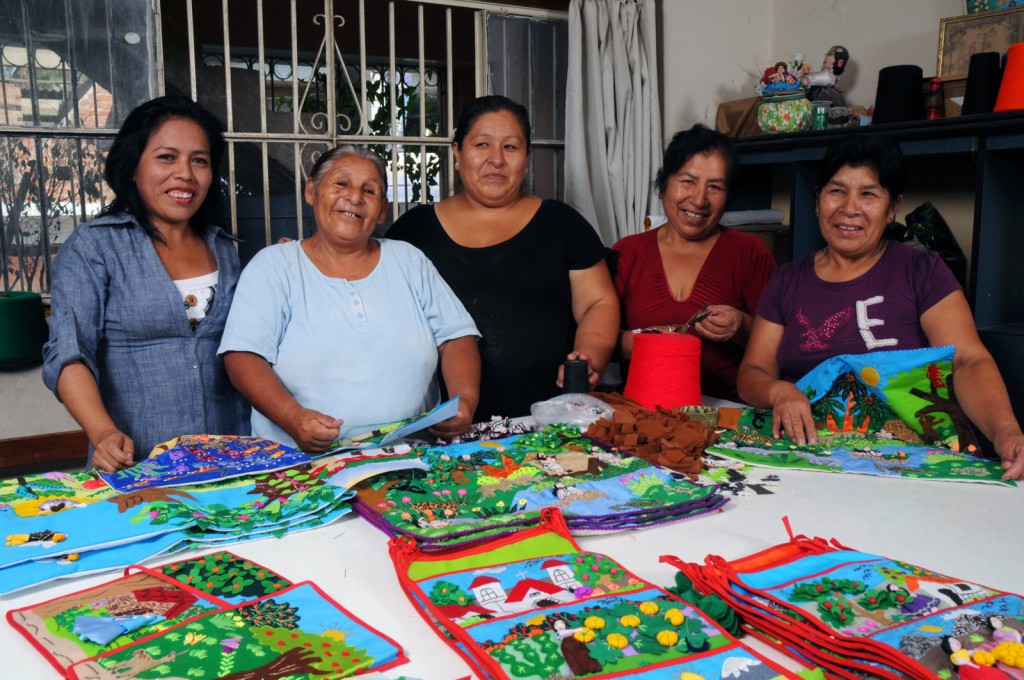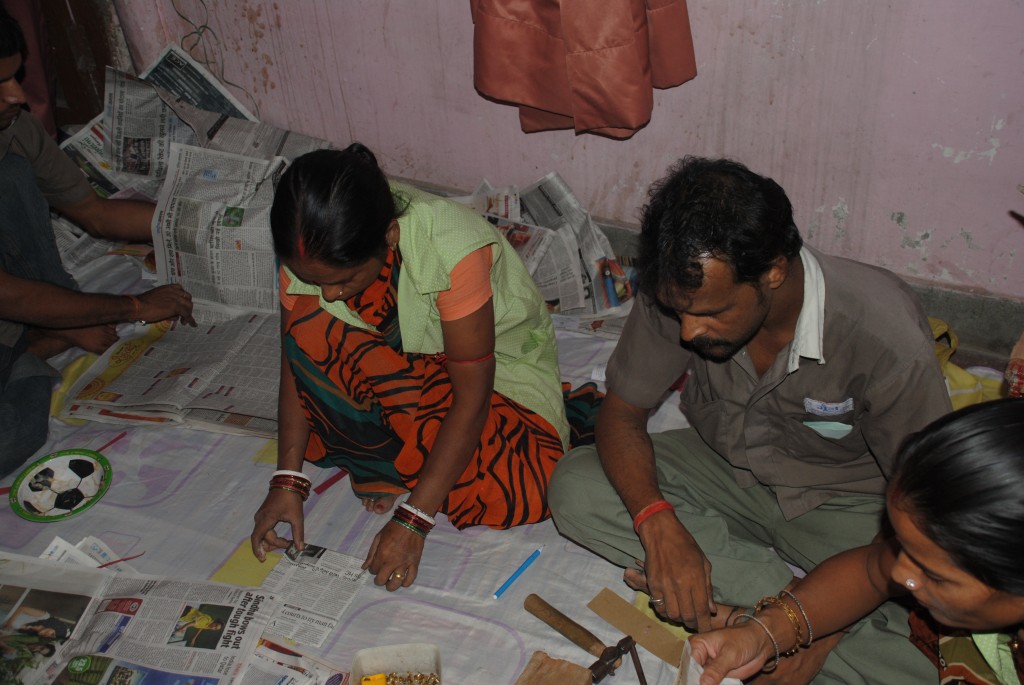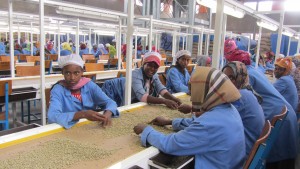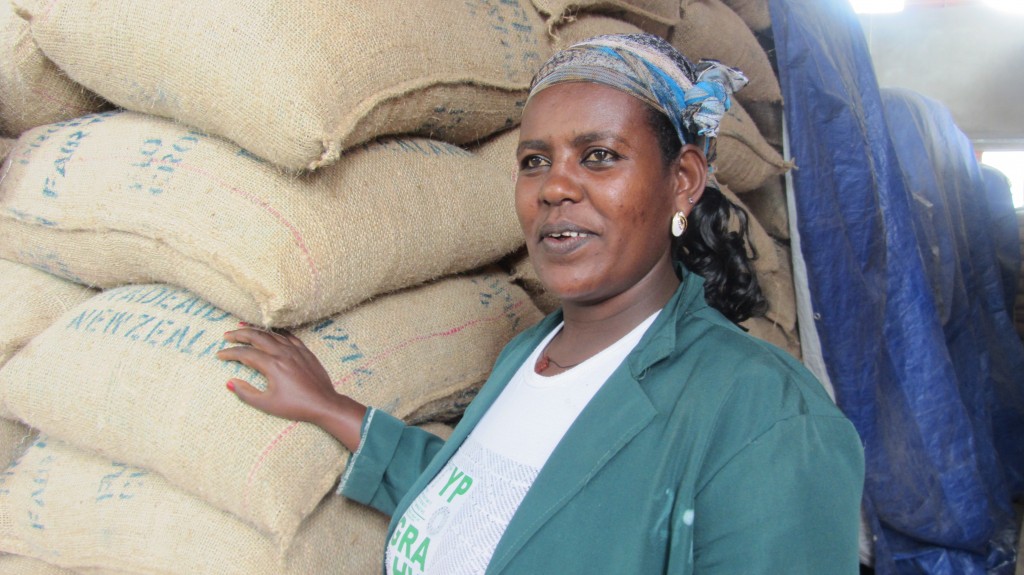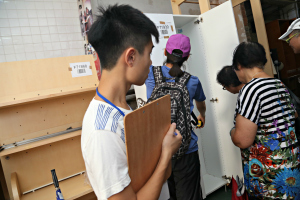
Intern Joseph has helped hundreds of Hong Kong people in need find furniture and other goods at Crossroads.
Standing before Joseph was a woman in crisis. After being violently abused by her husband, the woman had taken her 5 year old daughter and fled. She and the little girl then found a new home, ready to start again, but the home was empty. Now, as he looked at the women in need, Joseph, a Crossroads intern, knew that he could help.
Joseph is a student at Polytechnic University, studying applied physics. He quickly acknowledges that when he signed up for a summer internship with us, it seemed an unusual choice. “Physics doesn’t have much to do with social services,” he said, “but I have volunteered with Crossroads before, and I wanted to do something meaningful with my summer.”
The woman fleeing domestic violence was a touching symbol to Joseph. She represented so many of the clients he met during his more than 300 hours of service at Crossroads. Joseph worked with our Local Distribution department, which helps needy individuals and NGOs in Hong Kong find furniture, computers, clothing, and more. “She needed a lot of furniture,” Joseph remembers, “and I guided her through our furniture department, helping her take what she wanted. She was just so happy. She knew we could help her.”
Joseph’s internship opened his eyes to what it means to be poor in Hong Kong. “Before coming to Crossroads, I knew many people in Hong Kong were in need. But I didn’t truly understand their situation. Some people can’t even pay the transportation costs to get their goods home. At first, I thought, it’s just $200 to pay a driver for the transportation costs, but some of our clients can’t even pay that. It really helped me understand their situation better.”
This summer, Crossroads saw 49 young, energetic students complete 6 week internships with us. Touching almost every department at Crossroads, they staffed our fair trade shop and cafe, they cooked meals for hundreds of volunteers, they helped run our experiential simulations, they lifted, loaded and packed hundreds of items destined to change the lives of people in need!
Like Joseph, many of our interns say it’s a summer that deeply impacts their life. They don’t just see an explosion in their English skills, but they learn other valuable workplace skills like clear communication, respecting varied cultures, and working passionately for a meaningful cause.
Monica, aged 20, who spent her internship in our Global Hand office, says, “I’m a business student majoring in accounting and finance. I could spend the next 30 years of my life in the corporate world. I wanted to do something this summer where I could enjoy myself and also learn!”
Monica’s supervisor, Matt, said, “Monica helped us administer a new programme for providing computers to Hong Kong’s charities. She handled enquiries and orders from dozens of charities that helped Crossroads equip a wide variety of good works across the city in a short period of time.”
Crossroads’ interns clocked up a whopping 9,569 hours of volunteer work this summer. It’s an investment that has already sown into the lives of people in need in Hong Kong and globally.
If you, or someone you know, is interested in an internship with Crossroads next summer, email us at volunteer@crossroads.org.hk

